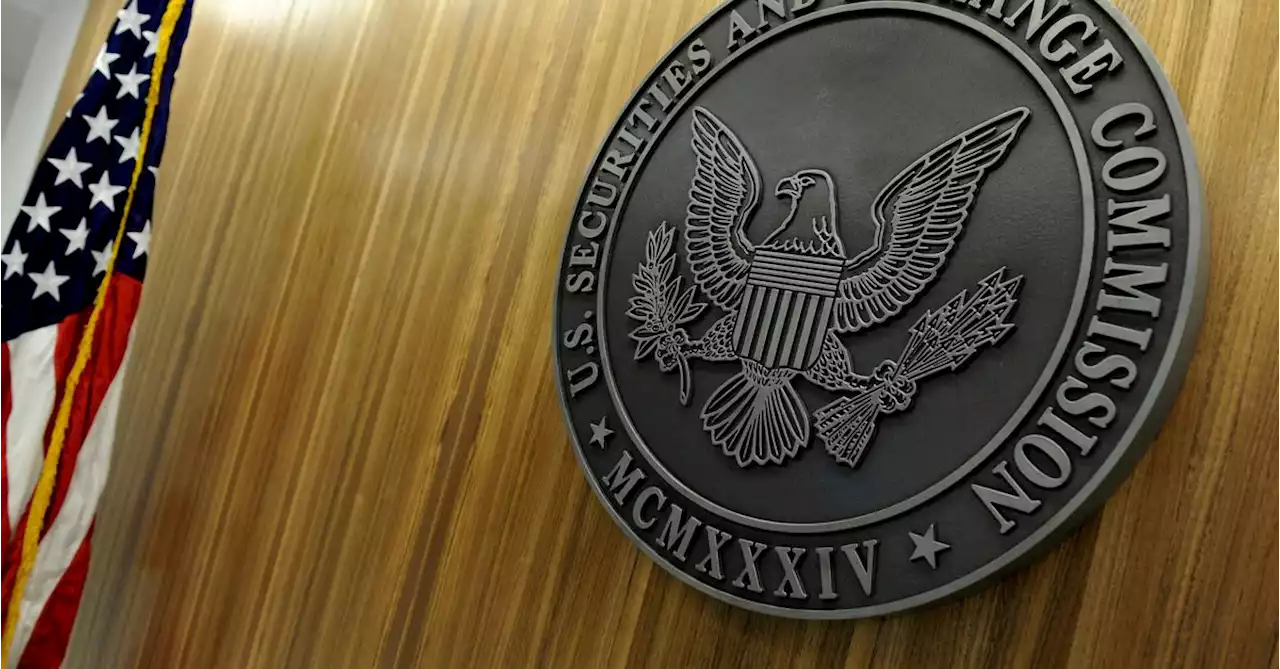Nearly 30 years after apartheid’s demise, meredithwadman revisits children’s health in South Africa. pulitzercenter
By her country’s standards at the time, there was nothing too unusual about how Nosipho Mshengu arrived in the world. She was born on the side of the road on 20 September 1993, as her mother tried to get from Mafakatini, a rural village in South Africa where there was then no health facility, to a Roman Catholic clinic an hour away. The bus she awaited was nowhere in sight when time ran out, and Mshengu made her entry then and there.
In 1994, as apartheid ended, 60 of every 1000 babies born in South Africa died before their fifth birthday. The death rate was so concerning that after Nelson Mandela’s African National Congress handily won the country’s first multiracial election that year, the new president immediately announced health care would be free for pregnant women and young children. It remains that way today in the nation of more than 60 million, of whom 81% are black and 36% are younger than 20.
Yet apartheid’s collapse also ushered in transformative changes in health care that went well beyond free services for pregnant women and young children. Within a few years, Mandela’s government launched a national immunization program to replace one that required “homelands,” where black people lived, to have separate vaccination schemes. It built 1345 community health clinics and refurbished another 263—today there are more than twice as many—while making primary health care free to all.
Today, Archary tells me, such children rarely turn up on the pediatric wards. Last year, 87% of babies received a first shot for measles, according to estimates from UNICEF—an all-time high. South Africa has also been a continental leader in introducing vaccines against bacteria that cause meningitis and pneumonia, and against rotavirus, which can cause fatal diarrhea in young children.
Chronic malnutrition, meanwhile, is widespread. Twenty-seven percent of children under age 5 were growth-stunted in 2016, the same fraction as in 2003. And the COVID-19 pandemic—a “catastrophe” for kids, Masekela says—worsened malnutrition because schools, where many children get daily meals, were closed and parents lost their jobs.
Canada Latest News, Canada Headlines
Similar News:You can also read news stories similar to this one that we have collected from other news sources.
 Infinity Q founder, once claiming $3 bln assets, pleads guilty to fraudThe founder of Infinity Q Capital Management, a New York firm accused of inflating assets by over $1 billion to collect more fees, pleaded guilty on Monday to securities fraud.
Infinity Q founder, once claiming $3 bln assets, pleads guilty to fraudThe founder of Infinity Q Capital Management, a New York firm accused of inflating assets by over $1 billion to collect more fees, pleaded guilty on Monday to securities fraud.
Read more »
Actress Lee Young Ae to make her small-screen return in drama 'Maestra' | allkpopActress Lee Young Ae will be making her small-screen return in the drama 'Maestra'.On November 22, Lee Young Ae confirmed she'll be starring as orche…
Read more »
How small-business owners can handle poor performers at workFor small-business owners, poor performers can be a drag on the bottom line. Here's how to help them improve. In partnership with IndeedBusiness.
Read more »
 Most 2022 small pickups pass new IIHS crash testOnly one out of six tested vehicles achieved a marginal rating in the independent safety organization\u0027s side\u002Dimpact test
Most 2022 small pickups pass new IIHS crash testOnly one out of six tested vehicles achieved a marginal rating in the independent safety organization\u0027s side\u002Dimpact test
Read more »
 Independent Spirit Awards Film Nominations: ‘Everything Everywhere All at Once’ Leads With Eight NodsThe winners will be revealed on March 4, 2023 in a ceremony at the beach by the Santa Monica Pier.
Independent Spirit Awards Film Nominations: ‘Everything Everywhere All at Once’ Leads With Eight NodsThe winners will be revealed on March 4, 2023 in a ceremony at the beach by the Santa Monica Pier.
Read more »
 'Everything Everywhere All At Once' leads Spirit Award nomsThe multiverse-hopping adventure film “ Everything Everywhere All At Once ” had a leading eight nominations for the Film Independent Spirit Awards with nods for best feature, best director, best lead actor for Michelle Yeoh, supporting actors Ke Huy Quan and Jamie Lee Curtis and breakthrough for Stephanie Hsu.
'Everything Everywhere All At Once' leads Spirit Award nomsThe multiverse-hopping adventure film “ Everything Everywhere All At Once ” had a leading eight nominations for the Film Independent Spirit Awards with nods for best feature, best director, best lead actor for Michelle Yeoh, supporting actors Ke Huy Quan and Jamie Lee Curtis and breakthrough for Stephanie Hsu.
Read more »